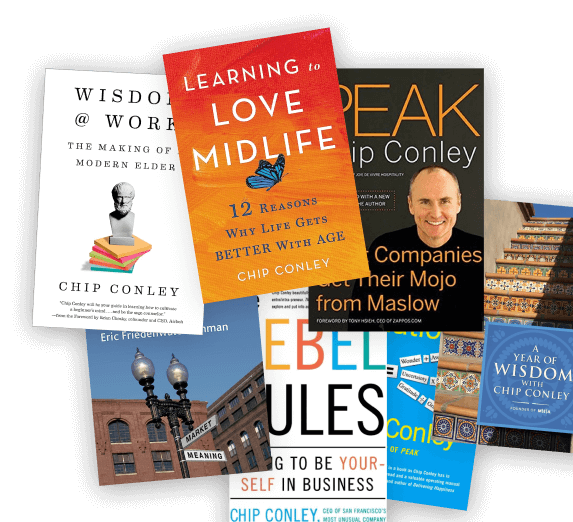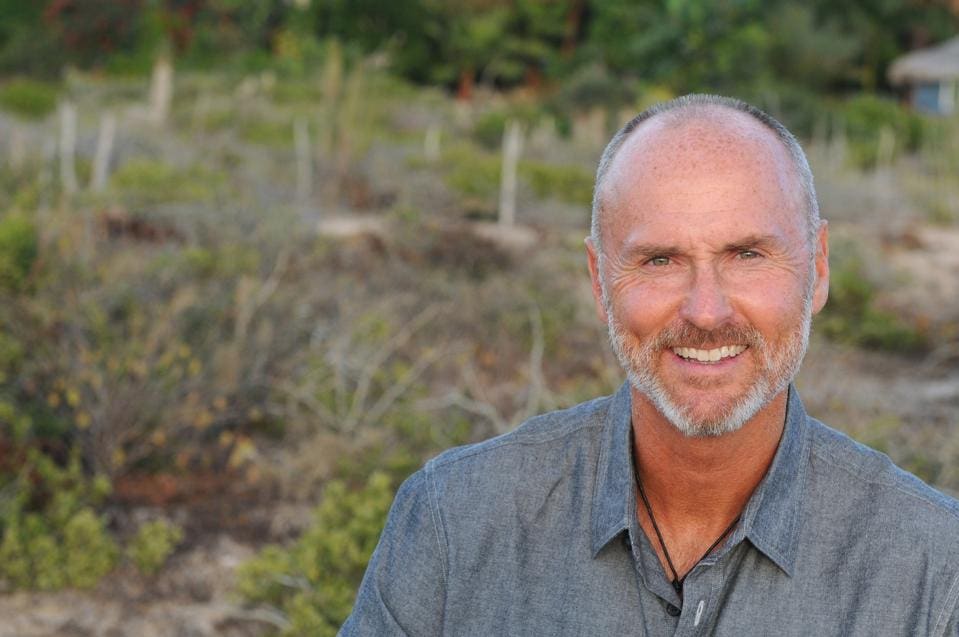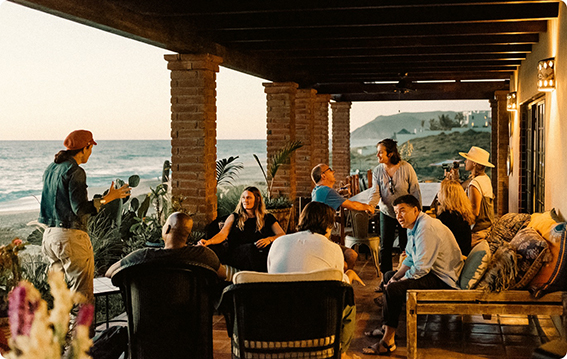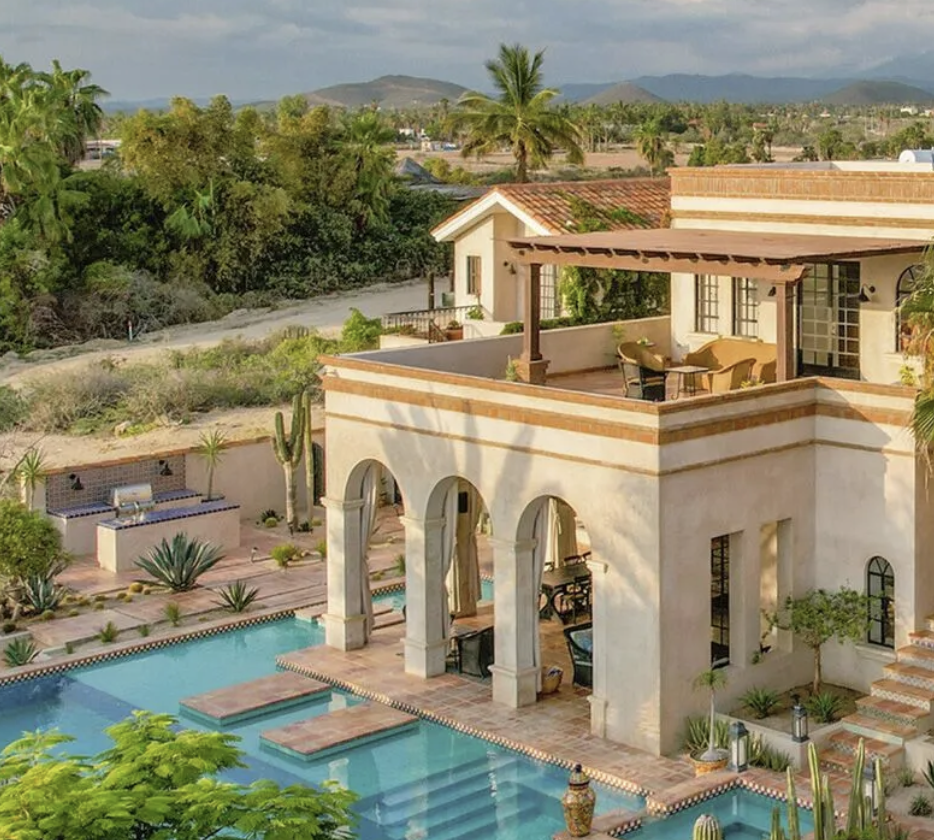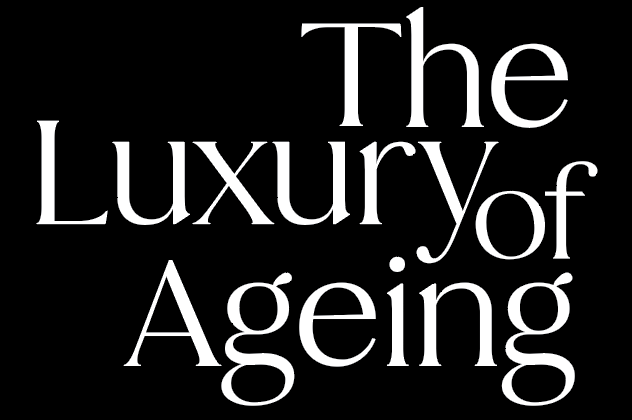You have been a strong advocate for intergenerational relationships in both work and life through your books, the Modern Elder Academy, and the Generations Over Dinner project. Could you share your thoughts on the importance of intergenerational relationships and their role in shaping the future of an ageing world?
We have some vexing problems to solve so why try to solve it in the old way, with older people in charge? Why not think of life as an “intergenerational potluck” with each generation bringing to the table that which they do best. Young brains are fast and focused (fluid intelligence) while older brains are holistic and intuitive (crystalised intelligence) so combining both kinds of brains can create a team neuro-diversity that helps us arrive at better solutions.
My book
Wisdom@Work: The Making of a Modern Elder explores this concept in depth, as does Arthur Brooks' book
From Strength to Strength. As we age, we learn to do a 4-wheel drive of the brain as it starts to shrink, which means that we can be logical and lyrical in the same sentence. It also means that we can think through the long-term implications of the decisions we make, which is a skill that is not nearly as developed when we're younger. BMW's research has shown that teams with primarily young workers make decisions faster and make more mistakes. Teams with primarily older workers take longer to make decisions but make fewer mistakes. Mixed-age teams offer the best of both worlds: they make decisions relatively quickly and make less mistakes.
